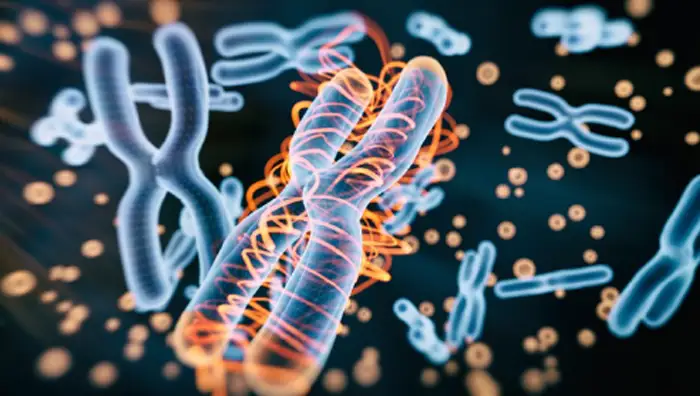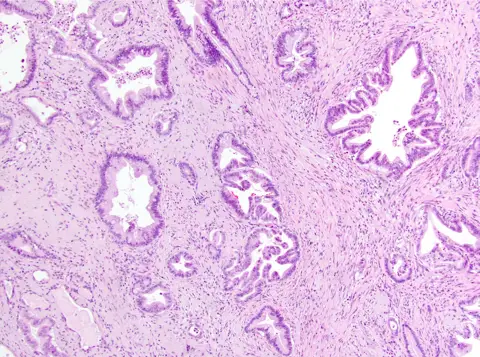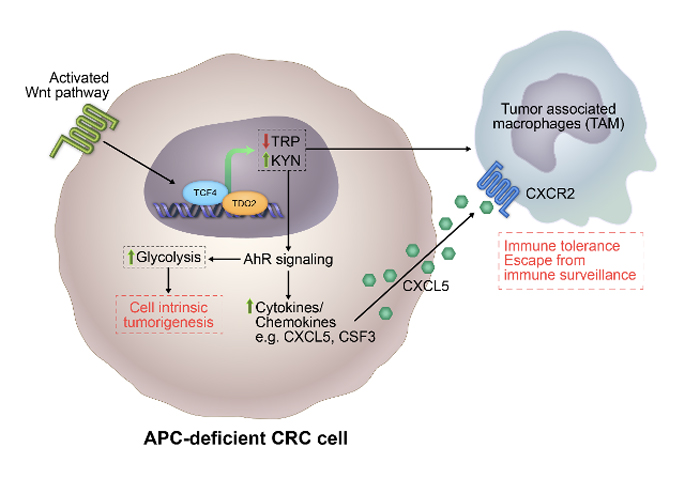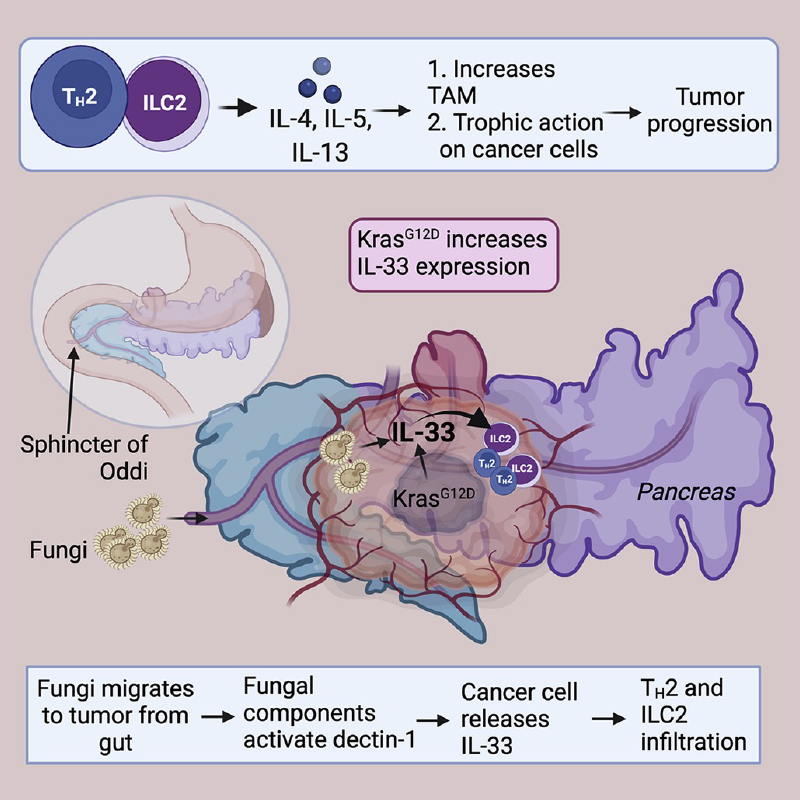2022 Cancer Highlights
The year 2022 marked another major step in the quest to towards making cancer history. Below are several highlights among many that caught my attention and admiration. These advances rest squarely on the foundation of sustained investment in cancer research from the public and private sectors. These advances continue to save more and more lives. […]
2022 Cancer Highlights Read More »







